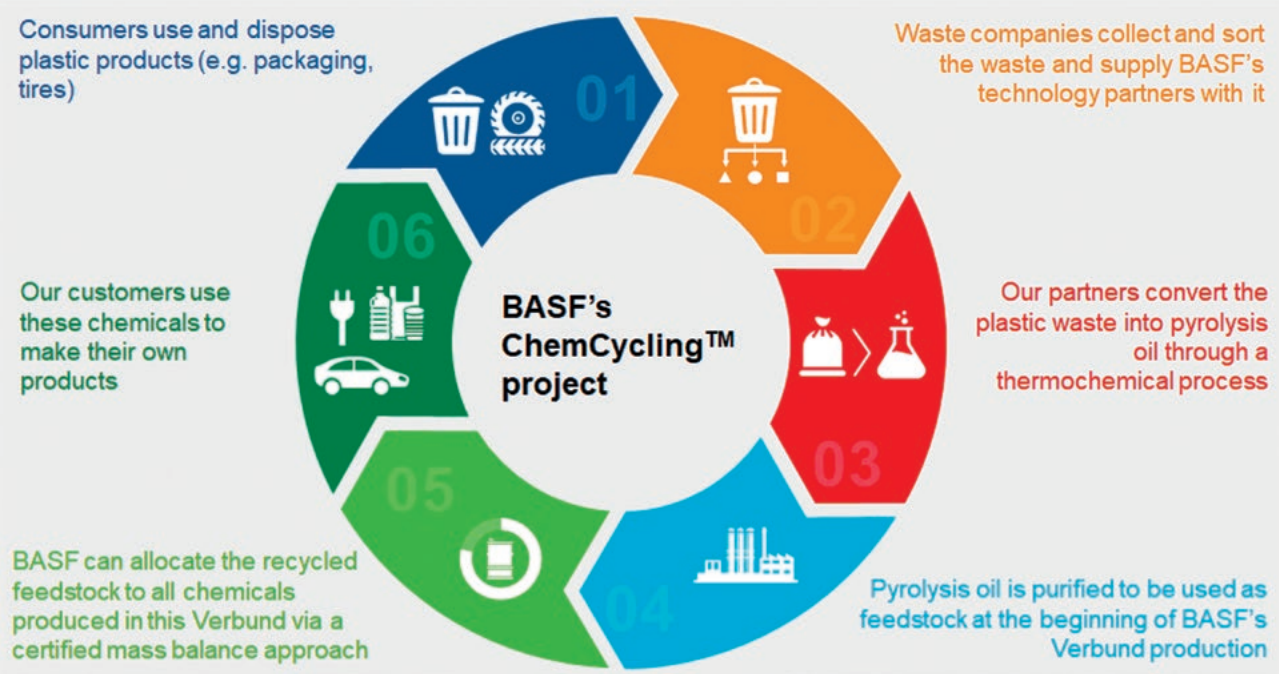Copyright © 2023. All rights reserved Green Harvest Energy Ltd.
Lize SOHO, Building 1, Yard 20, Lize Road, Fengtai District, Beijing
Telephone:15611817788 Zip code:100073 Email:ghe@ghe-cn.com
 Release time:2020-11-29
Release time:2020-11-29
 Number of views:
number
Number of views:
number
01
Automotive plastic parts
Jaguar Land Rover (JLR), a leading automotive manufacturer, has developed a plastic front-end carrier prototype for its first electric off-road vehicle, the I-Pace, using Ultramid® B3WG6 Ccycled Black 00564. Craig Woodburn, Global Environmental Compliance Manager at JLR, said: "As part of our commitment to accelerate closed-loop production, JLR is always looking for technological innovations that will help reduce waste. The conversion of consumer waste into safe, high-quality components to produce high-quality products through a 'chemical cycle' process is an important step towards our zero-waste future."

02
Protective packing
Storopack, a specialist in protective packaging with global operations, uses Styropor® P Ccycled to manufacture insulated packaging for temperature-sensitive pharmaceuticals, as well as protective packaging for the transport of food products such as fresh fish and electronic products.
"We were impressed by Styropor® P Ccycled's performance in food packaging. Styropor already has a variety of recycling options, and the "chemical cycle" helps to further increase the recycling share, "says Hermann Reichenecker, Chairman of Storopack's management board. Storopack and BASF are forging a new model for the circular economy.
03
Food packaging
A polyamide (PA) film and a polyethylene (PE) film produced by Sudpack, a leading film packaging producer in Europe, are processed into a special sealed package for mozzarella cheese. Until now, composite packaging has generally been assumed to be recycled only to a limited extent.
"While minimizing the amount of plastic used, film packaging plays an important role in protecting products, ensuring hygiene and preserving freshness, so processing requires the use of a variety of barrier materials with different properties. With innovative processes such as the "chemical cycle", we are one step closer to solving the problems associated with flexible packaging recycling, "says Johannes Remmele, Sudpack's Managing partner.
04
Electrical equipment
Schneider Electric, a leader in the digital transformation of energy management and automation, has manufactured a circuit breaker using chemically recycled Ultramid®.
"Can you tell which one is a 'Ccycled' circuit breaker?"
Xavier Houot, senior vice President, Global Assets, Safety and Environment, Schneider Electric: "We actively evaluate whether recycled raw materials such as recycled plastics can meet our demanding quality standards and stringent industry regulations and regulations. Basf's expertise allows us to witness end-to-end sustainability advantages and attractive cost advantages. We hope that this tentative collaboration with BASF will open up space for circular innovation in energy management and distribution."
Certified products are marked "Ccycled."
Pilot projects implemented with customers in different industries have shown that products manufactured from chemically recycled raw materials exhibit the same high quality and performance compared to products manufactured from raw materials. Chemical Cycling uses a REDcert2 third-party certified mass balance method to distribute part of the recycled material into the final product to help our customers achieve their sustainability goals, "says Jurgen Becky, Senior Vice President of BASF's Specialty Materials Division.
The potential to increase the share of recycled materials
"With the 'Chemical Cycle' program, BASF aims to treat pyrolysis oil extracted from plastic waste that cannot currently be recycled, such as mixed or contaminated plastics. "If we succeed in bringing this project to market, Chemcycle will be an innovative complement to existing recycling and recycling processes to address the problem of plastic waste," said Stefan Grater, head of the Chemcycle program at BASF.
A December 2018 study by consulting firm McKinsey & Company confirms the huge potential of chemical recycling: If established recycling processes are combined with new processes (such as chemical recycling), experts expect the global reuse and recycling rate of plastics to reach 50% by 2030 (up from 16% currently). The share of chemical recycling will rise to around 17 per cent from the current 1 per cent, equivalent to recycling around 74 million tonnes of discarded plastic.
Technological, economic and regulatory challenges
However, to move from pilot to marketing, various issues need to be addressed. Existing technologies for converting plastic waste into recycled feedstock must be advanced and suitable for industrial scale to ensure that the pyrolysis oil is always of high quality. Basf is currently studying options to supply its Production Verbund with commercial-scale pyrolysis oil in the long term.
In addition to technical issues, economic dimensions are also important. In order for the market to accept chemical recycling, this recycling process must be officially endorsed by the regulatory body, and within this framework, it is determined how chemical recycling and mass balance methods can be incorporated into legally required recycling rate calculations.
Use resources responsibly
Dr Andreas Kicherer, Sustainability expert at BASF, said: "The Chemical Cycle project is a strong example of how BASF and its partners are working together to solve the major challenges of the 21st century." In addition to the 'chemical cycle', BASF is involved in many other projects and initiatives to promote the concept of a circular economy and prevent plastics from entering the environment. For example, BASF's product portfolio includes ecovio®, a certified compostable plastic based in part on renewable raw materials. Basf is a member of the World Plastics Council and participates in two Ellen MacArthur Foundation projects. Around the world, BASF implements Operation Clean Sweep (OCS), an international initiative in the plastics industry that aims to prevent the loss of plastic particles into the environment.
In addition, at the beginning of 2019, BASF joined forces with about 30 other companies to form the Alliance to End Plastic Waste (AEPW). Over the next five years, the initiative hopes to invest $1.5 billion in projects and partnerships, mainly in Asia and Africa. Its four focus areas include: developing infrastructure for waste collection, promoting innovative recycling methods, education and engagement of various groups, and cleaning up waste plastic concentrations in the environmen